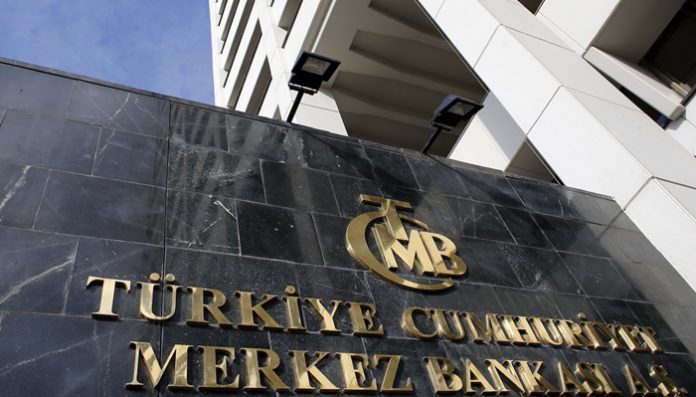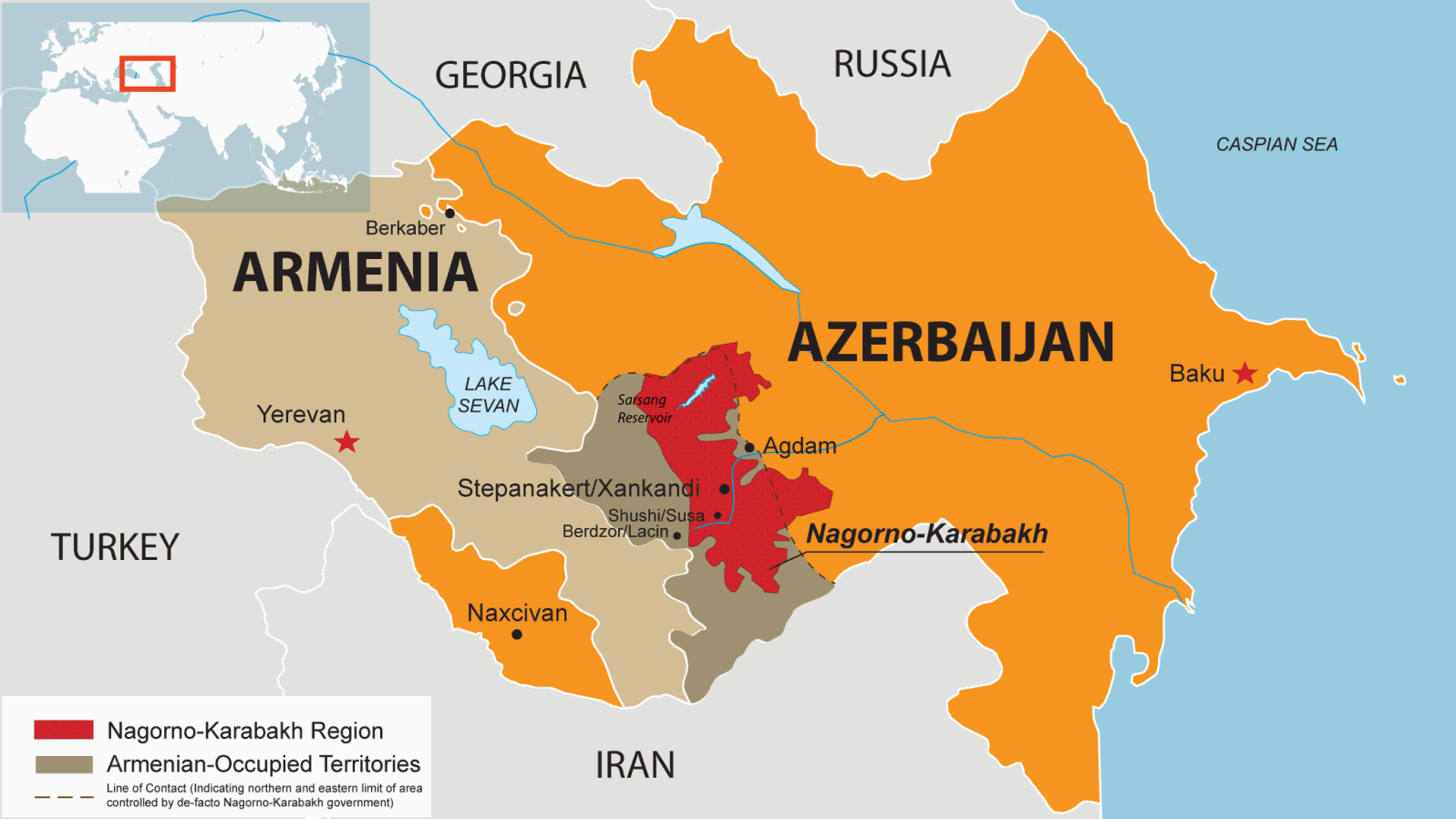(Bloomberg) — Turkey’s foreign reserves rose by the most in a year to nearly $109 billion following money transfers from Russia for the construction of a nuclear power plant.
The Turkish central bank’s gross reserves rose by $7.4 billion during the week through Aug. 5, the biggest increase in 12 months, according to data from the monetary authority. Foreign exchange accounted for $6.7 billion of that increase and gold for the rest.
The two-week increase in Turkey’s sovereign holdings since Treasury and Finance Minister Nureddin Nebati spoke of hefty transfers from abroad has now exceeded $10 billion. Russia is a likely source, with Turkish officials telling Bloomberg last month that Rosatom Corp. was in the process of transferring $15 billion to a Turkey-based subsidiary building the $20 billion Akkuyu nuclear plant on the Mediterranean coast.
How It Works
FX deposits held by companies in Turkey rose by around $4.4 billion during the same period, likely a result of the Russian transfers, economist Haluk Burumcekci said in a report, citing official data from the banking regulator.
Turkish banks receiving the transactions must leave part of their new cash as required reserves at the monetary authority.
They can also lend some of it to the central bank under FX-lira swaps, a source of foreign exchange funding for the monetary authority since 2019. The breakdown of the weekly reserves data showed a $1.8 billion increase in such FX-lira swaps through last Friday.
Commercial lenders can park some of the cash at the central bank under the so-called depot mechanism.
The money traffic between foreign lenders, Turkish commercial banks and the monetary authority highlights the competing financial priorities for policy makers in Ankara.
The Turkish central bank’s trying to boost reserves as the foreign-trade gap widens, mostly due to the rising cost of energy imports. However, it also needs to keep supporting the lira to rein in consumer inflation that’s now at nearly 80%.
To bolster the currency, authorities must maintain unannounced currency interventions, a drain on FX holdings. Bloomberg Economics estimates that the central bank has intervened in the currency market to the tune of $70 billion to support the lira.
The currency is still the world’s worst performer among majors tracked by Bloomberg this year, with a nearly 26% decline.



